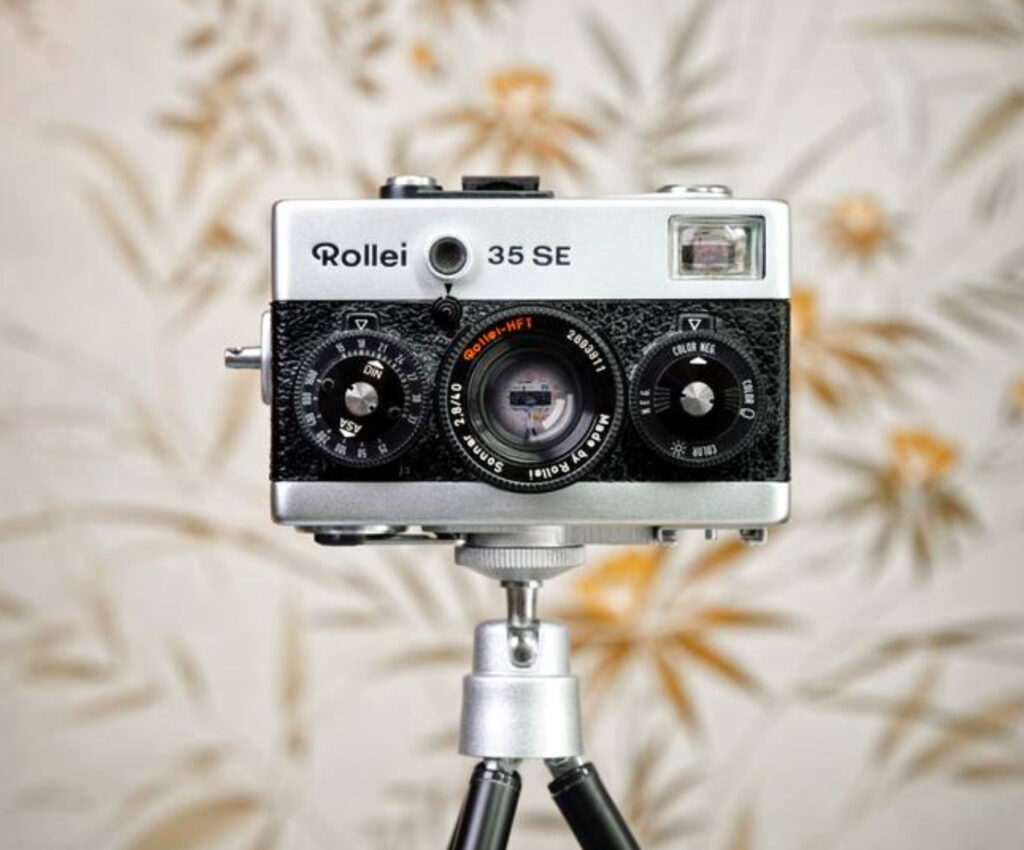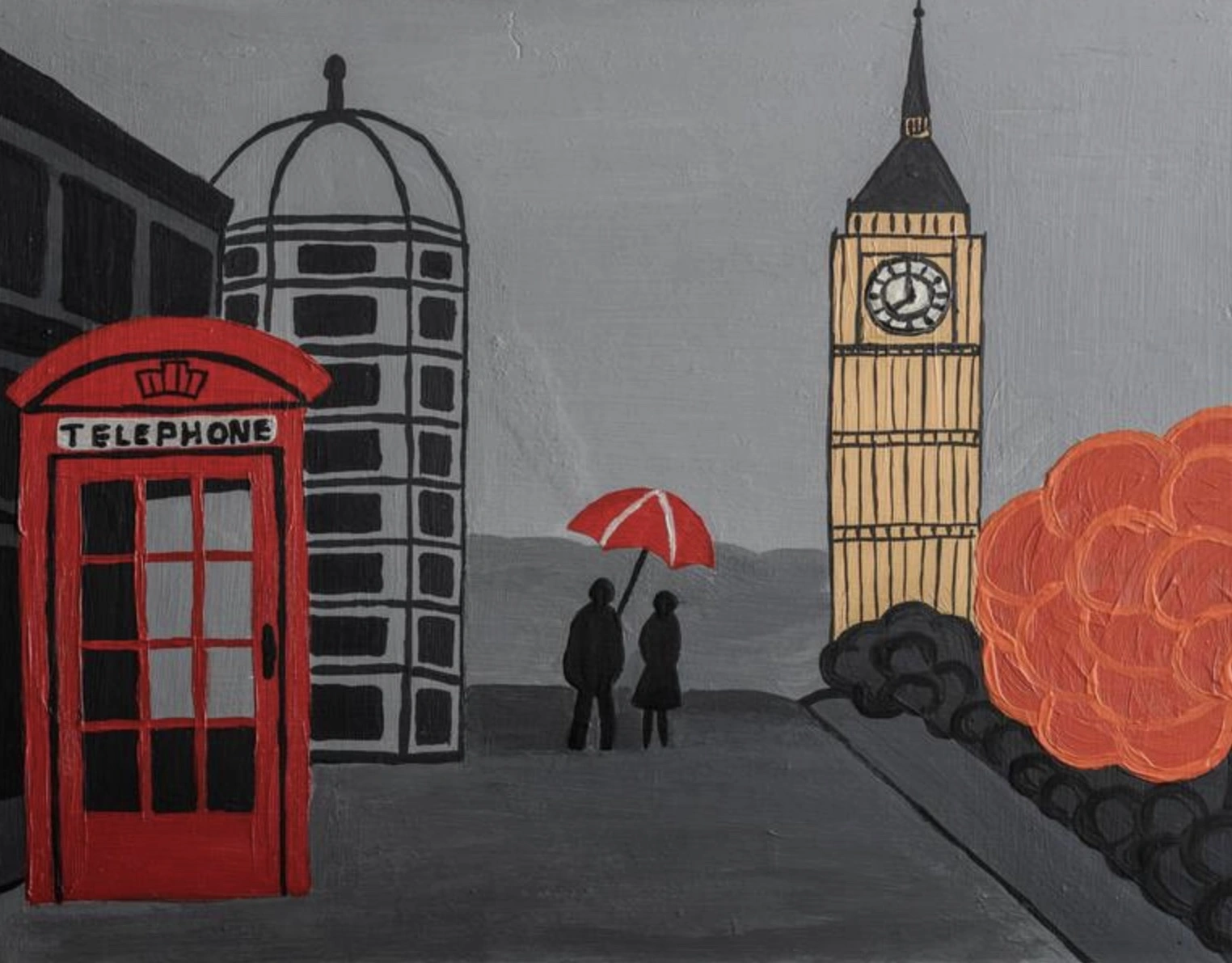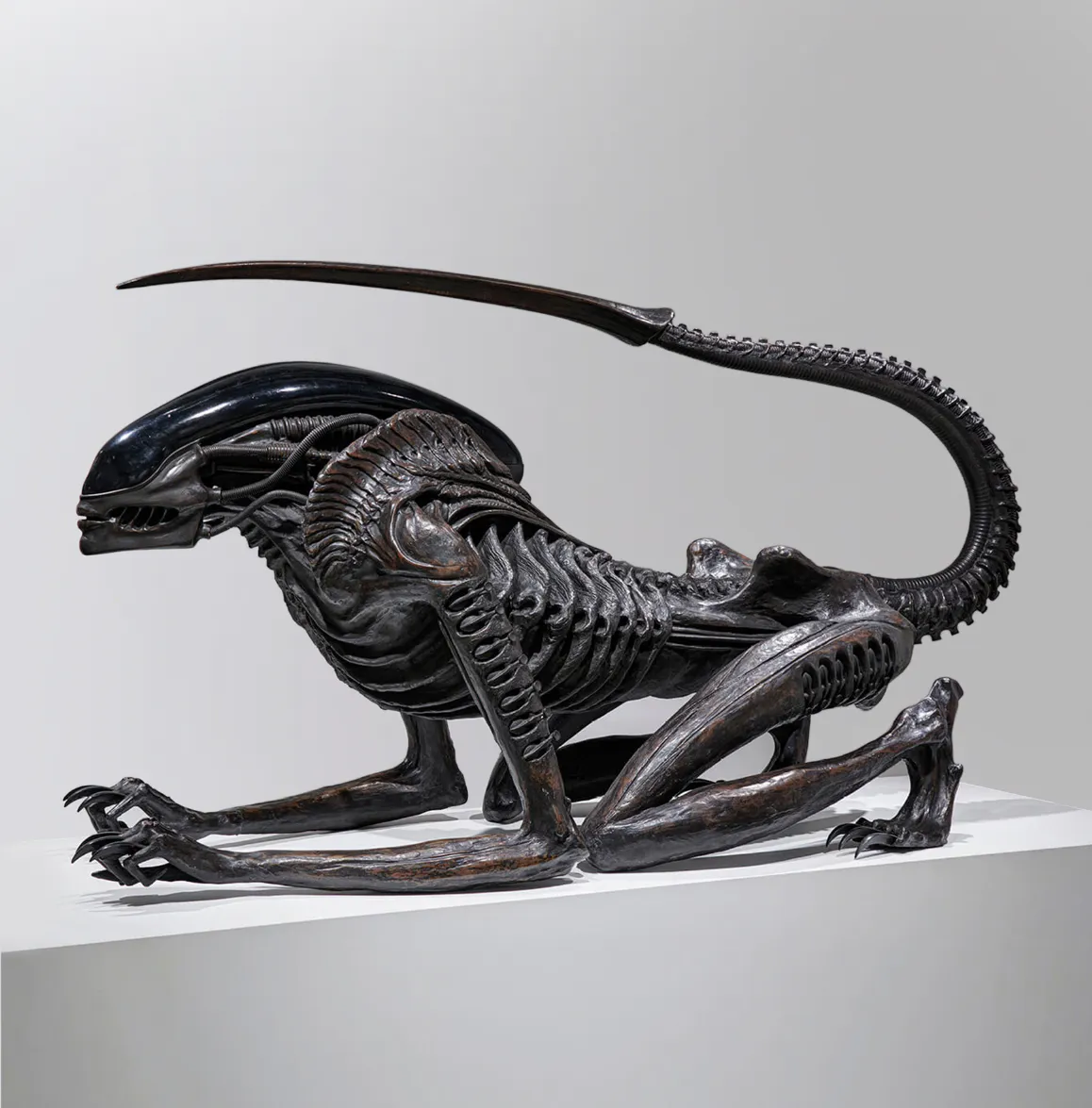In the world of contemporary photography, few artists manage to strike a balance between conceptual depth and aesthetic innovation quite like Flynn Newton. His limited edition piece, Camera Selfie #70, stands as a prime example of his artistic philosophy—where self-exploration, technology, and visual storytelling collide.
This exclusive work is one of only ten in existence, making it an ultra-rare collectible. But its scarcity is just one layer of its allure. Newton’s signature style, which deconstructs the nature of self-representation in an era dominated by digital narcissism, shines through in this piece, making it an essential work in modern photographic discourse.
Flynn Newton: The Artist Behind the Lens
To understand Camera Selfie #70, it’s essential to first appreciate the mind that created it. Flynn Newton has long been an innovator in contemporary photography, using his work to question how digital culture shapes our perception of self and identity.
Born in the late 20th century and rising to prominence in the 2010s, Newton’s career has been defined by his ability to anticipate and reflect on modern visual trends. His art is heavily influenced by post-internet culture, where the line between authenticity and performance is blurred beyond recognition.
Newton is particularly renowned for his “Camera Selfie” series, which began as an exploration of the evolving role of self-portraiture in the social media age. Through complex compositions, experimental lighting, and the subtle interplay of digital manipulation, he transforms what is typically seen as a mundane act—the selfie—into a profound artistic statement.
What Makes Camera Selfie #70 Special?
Among Newton’s Camera Selfie series, #70 holds a unique place. While each piece in the series is an exploration of the self, this particular edition stands out for several reasons:
Limited Edition of 10
• Newton is known for producing highly limited prints, but only ten copies of Camera Selfie #70 exist, elevating its value among collectors.
• In a world where photography is often infinitely reproducible, Newton enforces scarcity to preserve artistic integrity.
The Concept: Self-Perception vs. Digital Reality
• This piece challenges the viewer to question the authenticity of self-representation in a hyper-connected world.
• The image itself plays with distortion, reflection, and digital layering, forcing the observer to question: Is this real, or is this curated?
Stylistic Composition
• The piece incorporates dynamic light reflections, a mix of natural and artificial distortions, and Newton’s signature color palette, creating an almost surreal effect.
• There are subtle visual glitches—a signature of Newton’s work—that represent the imperfections of digital identity.
Physical vs. Digital Ownership
• Some of Newton’s works exist solely in digital form, while others are tangible prints.
• Camera Selfie #70 is known to be one of the few printed and signed editions, adding another layer of exclusivity.
The Camera Selfie Series: A Study of Self in the Digital Age
Newton’s Camera Selfie series is, at its core, an exploration of how technology alters the way we see ourselves.
Throughout history, self-portraiture has been a tool for self-reflection. From Rembrandt’s raw, introspective paintings to Cindy Sherman’s identity-bending photography, artists have long used self-portraits as a means of dissecting their personas.
But Newton’s work takes this concept into the 21st century, where self-portraits are no longer static representations of self—they are curated, edited, and performed realities.
The Role of the Camera as an Observer
• Unlike classic self-portraits, where the artist is fully in control, Newton often makes the camera itself the subject.
• The presence of the camera in the reflection suggests that the machine is just as much a participant in identity construction as the human in front of it.
Self vs. Performance
• How much of what we present to the world is truly “us”?
• Newton forces the viewer to confront this question by distorting or abstracting his own image, making it unclear what is real and what is fabricated.
Digital Imperfections as a New Reality
• Unlike traditional photographers who strive for pristine images, Newton embraces glitches, lens flares, and distortions, showing that digital flaws are part of modern identity.
• In Camera Selfie #70, minor distortions are intentionally introduced, mimicking the inconsistencies in digital self-representation.
Why Collectors Covet Camera Selfie #70
Given the rarity and conceptual depth of this piece, it’s no surprise that Camera Selfie #70 is highly sought after. Some of the reasons why collectors and museums have taken a keen interest include:
Newton’s Growing Legacy
• His work is increasingly recognized in major contemporary art circles.
• Museums and collectors are beginning to view Newton as one of the defining photographers of the digital era.
The Exclusivity of the Edition
• With only ten prints in existence, ownership of Camera Selfie #70 is a statement of prestige.
• Unlike mass-produced photography, this edition remains scarce and deeply personal.
The Cultural Relevance
• The themes Newton explores are hyper-relevant in today’s world of Instagram, AI-generated selfies, and digital personas.
• As technology continues to shape self-perception, this piece will likely gain even more significance over time.
The Future of Newton’s Work and the Market for Camera Selfie #70
In the realm of contemporary photography, Newton’s work continues to evolve. He is known for pushing the boundaries of how digital culture and self-representation intersect, and his more recent works incorporate AI, deepfake technology, and augmented reality.
As his reputation grows, early pieces like Camera Selfie #70 are expected to increase in value significantly. Just as early works by Cindy Sherman, Nan Goldin, and Wolfgang Tillmans have skyrocketed in prestige and price, Newton’s works are poised to do the same.
If trends in digital art and photography continue their trajectory, Camera Selfie #70 may become one of the defining images of this era—a symbol of self-exploration in an age of digital distortion.
Final Thoughts: More Than Just a Selfie
At first glance, Camera Selfie #70 might seem like a simple self-portrait. But a closer look reveals its deeper layers—Newton’s manipulation of perception, his commentary on digital culture, and his ability to transform a routine action into a profound artistic statement.
For collectors, this piece represents a rare and valuable intersection of art, technology, and human psychology. And with only ten in existence, it is more than just a work of art—it is a piece of history.
No comments yet.








